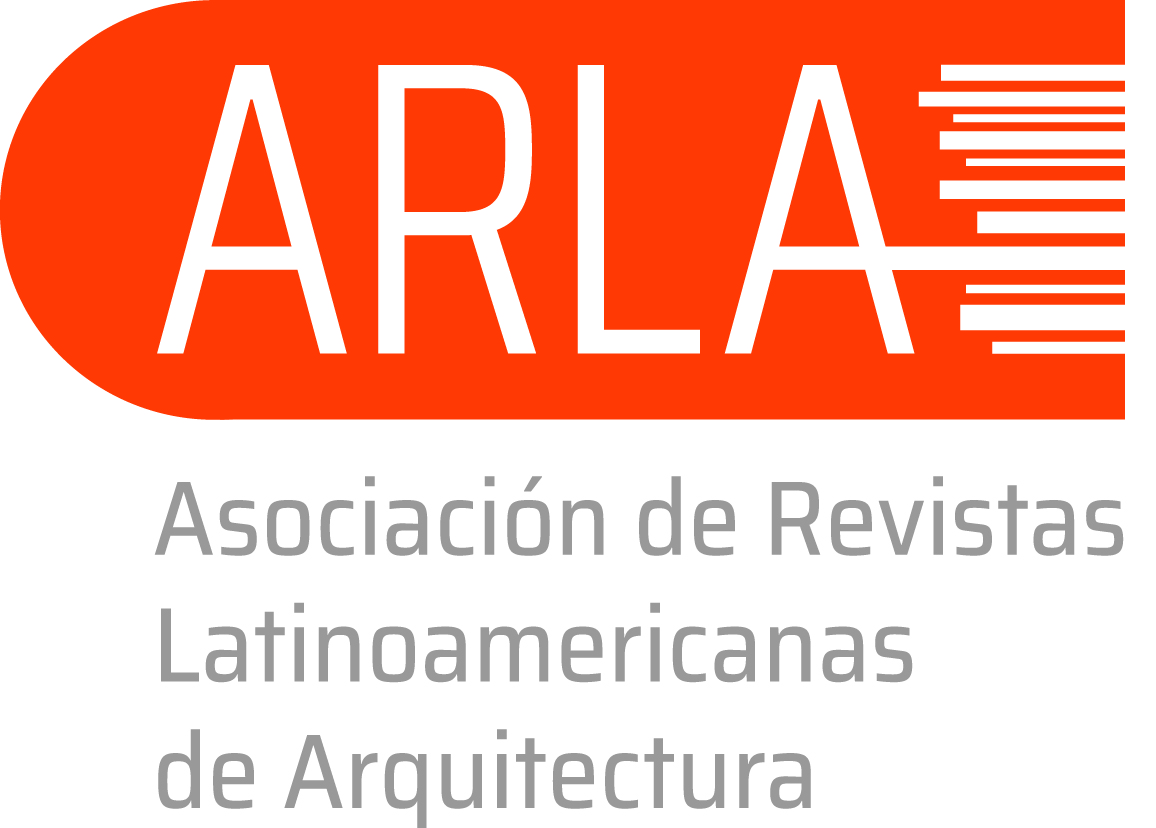Artificial intelligence-based smart city ecosystem development
DOI:
https://doi.org/10.56294/la2025180Keywords:
Smart City, Artificial Intelligence, Digital Technologies, Urban ecosystems, Transportation systemsAbstract
The idea of a smart city has become increasingly relevant lately. It's all about making city life better by using digital tech and new methods. As cities grow bigger and faster, they have to deal with things like traffic jams, pollution, and limited resources. To solve these issues, we can use Artificial Intelligence (AI) to run urban systems smoothly. Cities can use AI to make transport better, save energy, and make cities safer for everyone. This text will look at how AI can create interconnected, smart urban areas. It also highlights how important it is to plan carefully and involve the public. The aim is to show that if AI is used correctly, it can change cities into places that are sustainable and can handle the needs of the future. Smart cities are all about using technology and data to make life better for people in urban areas while making things more efficient. It also changes how people interact with the city by using various digital tools and connected systems. These systems improve services, transport, living conditions, and safety. Smart cities are important because they can help solve problems like climate change and crowded cities. The way smart cities combine sustainable methods shows how connected social, economic, and environmental factors are. It also shows that we need to take a broad view of how cities grow. Therefore, using Artificial Intelligence to build smart city systems is key to creating sustainable and adaptable cities for the future.
References
1. Li X, Wang Q, Tang Y. The Impact of Artificial Intelligence Development on Urban Energy Efficiency—Based on the Perspective of Smart City Policy. Sustainability 2024;16:3200. https://doi.org/10.3390/su16083200.
2. Huo D, Sun T, Gu W, Qiao L. Smart Cities with Green Resilience: A Quasi-Natural Experiment Based on Artificial Intelligence. Smart Cities 2025;8:67. https://doi.org/10.3390/smartcities8020067.
3. Dhatterwal JS, Kaswan KS, Yadav A. Artificial Intelligence-Based Smart Cities. Smart Mobility and Intelligent Transportation Systems for Commercial and Hazardous Vehicles, Apple Academic Press; 2024.
4. Karger E, Rothweiler A, Brée T, Ahlemann F. Building the Smart City of Tomorrow: A Bibliometric Analysis of Artificial Intelligence in Urbanization. Urban Science 2025;9:132. https://doi.org/10.3390/urbansci9040132.
5. Satpathy I, Nayak A, Jain V. The Green City: Sustainable and Smart Urban Living Through Artificial Intelligence. Utilizing Technology to Manage Territories, IGI Global Scientific Publishing; 2025, p. 273-304. https://doi.org/10.4018/979-8-3693-6854-1.ch009.
6. Zhao H. Artificial intelligence-based public safety data resource management in smart cities. Open Computer Science 2023;13. https://doi.org/10.1515/comp-2022-0271.
7. Alsabt R, Adenle YA, Alshuwaikhat HM. Exploring the Roles, Future Impacts, and Strategic Integration of Artificial Intelligence in the Optimization of Smart City—From Systematic Literature Review to Conceptual Model. Sustainability 2024;16:3389. https://doi.org/10.3390/su16083389.
8. Neo EX, Hasikin K, Lai KW, Mokhtar MI, Azizan MM, Hizaddin HF, et al. Artificial intelligence-assisted air quality monitoring for smart city management. PeerJ Comput Sci 2023;9:e1306. https://doi.org/10.7717/peerj-cs.1306.
9. Wolniak R, Stecuła K. Artificial Intelligence in Smart Cities—Applications, Barriers, and Future Directions: A Review. Smart Cities 2024;7:1346-89. https://doi.org/10.3390/smartcities7030057.
10. Chen L, Chen Z, Zhang Y, Liu Y, Osman AI, Farghali M, et al. Artificial intelligence-based solutions for climate change: a review. Environ Chem Lett 2023;21:2525-57. https://doi.org/10.1007/s10311-023-01617-y.
11. Manoharan G, Durai S, Rajesh GA, Razak A, Rao CBS, Ashtikar SP. Chapter Eight - A study of postgraduate students’ perceptions of key components in ICCC to be used in artificial intelligence-based smart cities. En: Basetti V, Shiva CK, Ungarala MR, Rangarajan SS, editores. Artificial Intelligence and Machine Learning in Smart City Planning, Elsevier; 2023, p. 117-33. https://doi.org/10.1016/B978-0-323-99503-0.00003-X.
12. Javed AR, Ahmed W, Pandya S, Maddikunta PKR, Alazab M, Gadekallu TR. A Survey of Explainable Artificial Intelligence for Smart Cities. Electronics 2023;12:1020. https://doi.org/10.3390/electronics12041020.
13. Koumetio Tekouabou SC, Diop EB, Azmi R, Chenal J. Artificial Intelligence Based Methods for Smart and Sustainable Urban Planning: A Systematic Survey. Arch Computat Methods Eng 2023;30:1421-38. https://doi.org/10.1007/s11831-022-09844-2.
14. Jyothi DrV, Sreelatha DrT, Thiyagu DrTM, Sowndharya R, Arvinth N. A Data Management System for Smart Cities Leveraging Artificial Intelligence Modeling Techniques to Enhance Privacy and Security. JISIS 2024;14:37-51. https://doi.org/10.58346/JISIS.2024.I1.003.
15. Ahmed ST, Kumar VV, Kim J. AITel: eHealth Augmented-Intelligence-Based Telemedicine Resource Recommendation Framework for IoT Devices in Smart Cities. IEEE Internet of Things Journal 2023;10:18461-8. https://doi.org/10.1109/JIOT.2023.3243784.
16. Mohamed N, Upadhyay R, Jakka G, Rambabu PV, Alfurhood BS, Singh DP. Framework for the Deployment of Intelligent Smart Cities (ISC) using Artificial Intelligence and Software Networking Technologies. 2023 3rd International Conference on Advance Computing and Innovative Technologies in Engineering (ICACITE), 2023, p. 667-71. https://doi.org/10.1109/ICACITE57410.2023.10182730.
17. Szpilko, D., Naharro, F.J., Lăzăroiu, G., Nica, E. and de la Torre Gallegos, A., 2023. Artificial intelligence in the smart city – a literature review. Engineering Management in Production and Services, 15(4), pp.53-75.
18. Herath, H.M.K.K.M.B. and Mittal, M., 2022. Adoption of artificial intelligence in smart cities: A comprehensive review. International Journal of Information Management Data Insights, 2(1), p.100076.
19. Luckey, D., Fritz, H., Legatiuk, D., Dragos, K. and Smarsly, K., 2021. Artificial intelligence techniques for smart city applications. In Proceedings of the 18th International Conference on Computing in Civil and Building Engineering: ICCCBE 2020 (pp. 3-15). Springer International Publishing.
20. Alahi, M.E.E., Sukkuea, A., Tina, F.W., Nag, A., Kurdthongmee, W., Suwannarat, K. and Mukhopadhyay, S.C., 2023. Integration of IoT-enabled technologies and artificial intelligence (AI) for smart city scenario: recent advancements and future trends. Sensors, 23(11), p.5206.
Downloads
Published
Issue
Section
License
Copyright (c) 2025 Rasul Dashdamirli, Vuqar Abdullayev (Author)

This work is licensed under a Creative Commons Attribution 4.0 International License.
The article is distributed under the Creative Commons Attribution 4.0 License. Unless otherwise stated, associated published material is distributed under the same licence.






